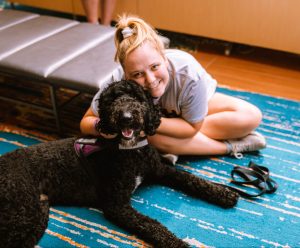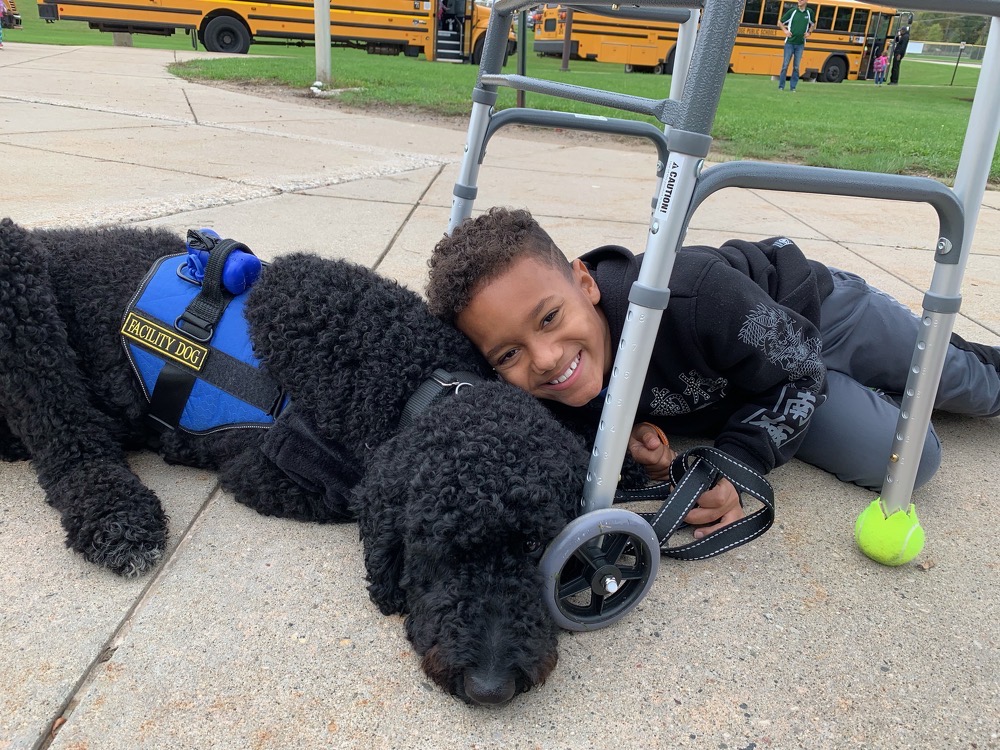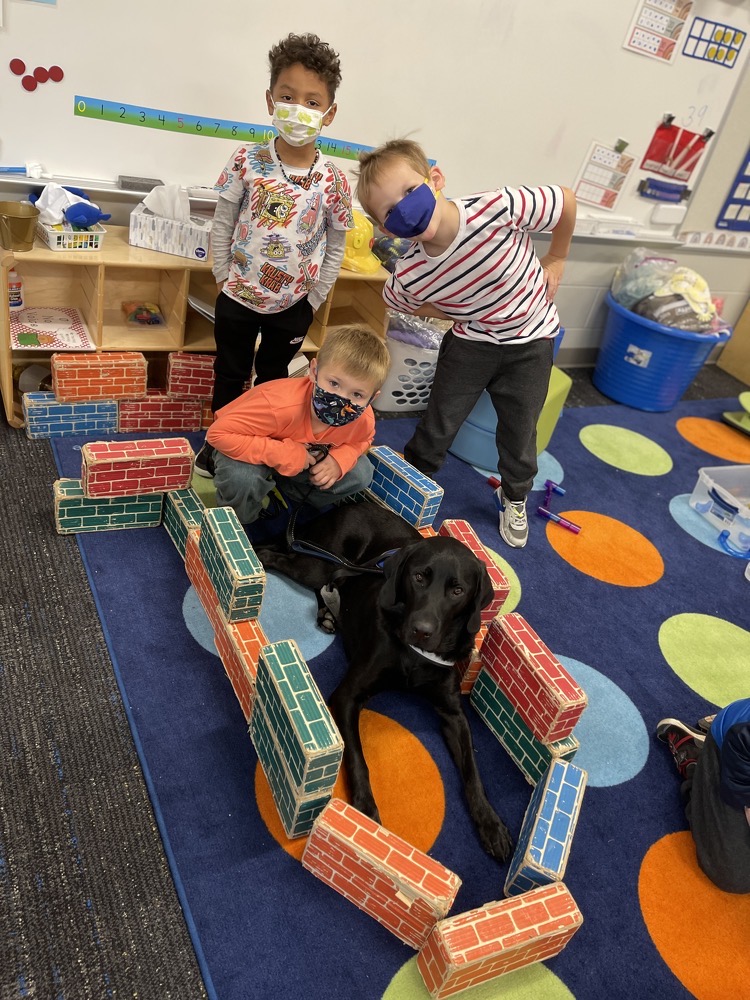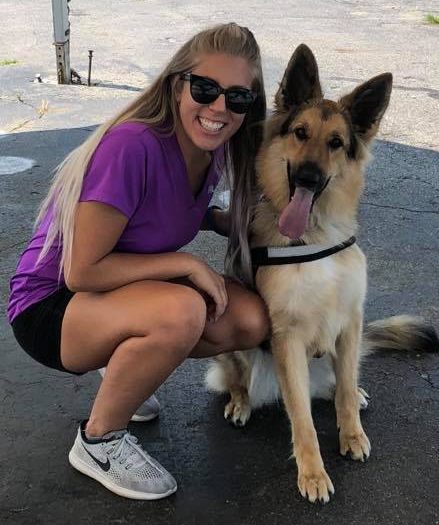ASSISTANCE DOGS CAN AND DO CHANGE LIVES!
 There is no doubt as to the benefit of a well-trained assistance dog for the physically challenged or blind person. Recent studies have shown that emotionally and developmentally disabled people can benefit from the use of service dogs as well. In addition to service dogs, skilled companion and therapy dogs are also very useful. Schools are now using dogs to assist children in increasing their reading ability by building confidence and fluency. Dogs don’t judge children and children enjoy reading to them, so they will read more frequently. Dogs don’t criticize and they are always ready to listen. They can lend a listening ear to a child who needs one. For a person with autism spectrum disorder, ADHD, or social/emotional impairment, an assistance dog can add to the quality of their life and give them a greater sense of independence and decreased anxiety.
There is no doubt as to the benefit of a well-trained assistance dog for the physically challenged or blind person. Recent studies have shown that emotionally and developmentally disabled people can benefit from the use of service dogs as well. In addition to service dogs, skilled companion and therapy dogs are also very useful. Schools are now using dogs to assist children in increasing their reading ability by building confidence and fluency. Dogs don’t judge children and children enjoy reading to them, so they will read more frequently. Dogs don’t criticize and they are always ready to listen. They can lend a listening ear to a child who needs one. For a person with autism spectrum disorder, ADHD, or social/emotional impairment, an assistance dog can add to the quality of their life and give them a greater sense of independence and decreased anxiety.
The animal-human bond has been proven to benefit a person’s mental and physical health in many ways. Seizure response dogs can be trained to alert family members or press panic buttons in an area of the home in the event that a seizure is occurring. They can also be trained to press buttons when people are out in public enabling the person with epilepsy to feel more independent and secure while on outings. Dogs can help those with autism by interrupting repetitive behaviors, decreasing anxiety, and children can be tethered to the dog to keep them from running away from parents if they are a flight risk. They can also be trained to track an individual who has been lost, alert family members or someone nearby when assistance is needed, retrieve a phone, medicine, or anything else needed, stabilize a person in getting up, open doors, interrupt stimming, calm an individual after a seizure, retrieve dropped items, provide a calming distraction in stressful situations, and assist by pulling wheelchairs.




